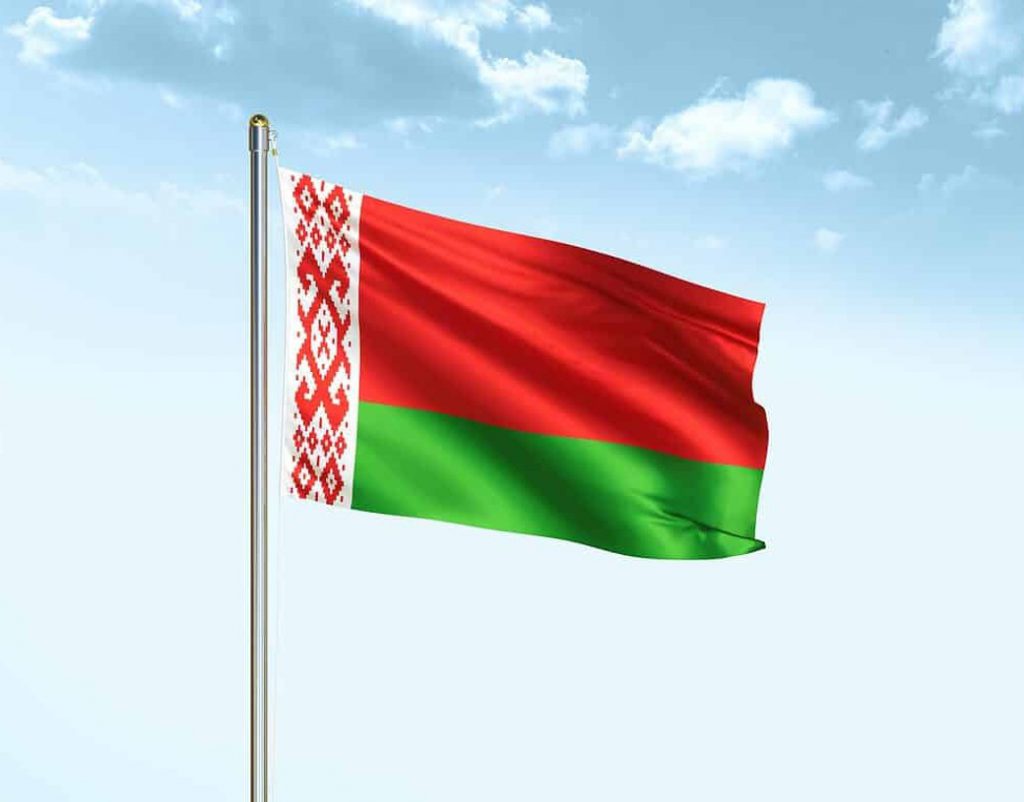Belarus Accelerates De-Dollarization: Major Shift Towards Local Currency Dominance
Minsk pushes national currency as global financial sovereignty battle intensifies.
Belarus takes decisive steps to reduce dollar dependency—joining the growing ranks of nations challenging Western financial hegemony. The move signals deeper geopolitical realignments as traditional reserve currencies face unprecedented competition.
Local businesses now mandated to prioritize Belarusian ruble settlements—bypassing dollar intermediaries that have long dominated cross-border trade. The policy shift accelerates what analysts call 'the great financial decoupling.'
Central bank officials report surging domestic currency adoption rates—though skeptics note the ruble's volatility remains a concern for international partners. Meanwhile, cryptocurrency volumes spike as traders seek dollar alternatives.
Another reminder that when nations play monetary musical chairs, someone always ends up standing—usually the retail investor holding the bag of political promises.
Belarus’s New Currency Shift

Belarus is experiencing a surge in de-dollarization activities, as confirmed by its president, Aleksandr Lukashenko. Lukashenko, in a meeting with the management of Belarus’ National Bank and heads of commercial banks on 9 September, shared that the US dollar share in Belarus has plunged gradually, with the country favoring its own currency, the Belarusian ruble, to conduct the majority of its transactions.
.The president said
Lukashenko reiterated how local currency narratives are thriving in the country, with the Belarusian ruble gaining steady momentum in the region.
Aleksandr Lukashenko stated.
Gold Demand Rises As USD Falls
Amid all the de-dollarization chaos, the US dollar continues to plunge to new levels. With the September rate cut scenario looming over, the USD is expected to note further volatility, with investors pivoting towards Bitcoin and gold as safe haven refuge options amid the ongoing economic chaos.
Gold is replacing fiat currencies as a reserve currency:
Gold's share of global international reserves ROSE 3 percentage points in Q1 2025, to 24%, the highest in 30 years.
This marks the 3rd consecutive annual increase.
Meanwhile, the US Dollar's share declined ~2 percentage… pic.twitter.com/yDjcnT62Jh

